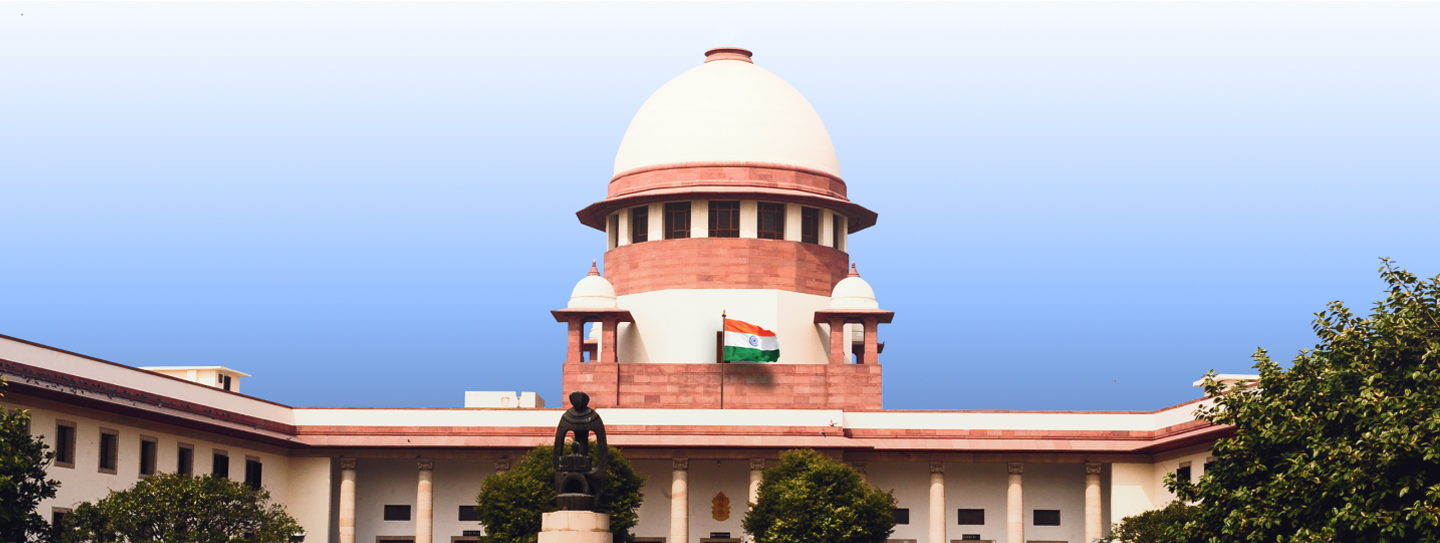
Stay on PoW suits welcome
The Supreme Court’s order restraining High Courts and lower court from admitting fresh petitions seeking survey of places of worship (PoW) to find out what lies beneath them should impart some sanity in matters of digging history to ascertain claims to their origin. The SC bench comprising Chief Justice Sanjiv Khanna, Justices KV Vishwanathan and Sanjay Kumar on Thursday (December 12) issued an omnibus directive barring the lower courts from admitting cases challenging the status of existing places of worship, mainly mosques.
The last few months had witnessed a batch of petitions being admitted challenging the origin of Dargah of sufi saint Moinuddin Chishti in Ajmer, Shahi Eidgah Mosque of Sambhal and a mosque in Badayun even while the litigations have been proceeding pertaining to the status of Gyanvapi Mosque in Varanasi and Shahi Eidgah in Mathura in various courts. It is common knowledge that the surfeit of petitions owes itself to the Supreme Court opening the floodgates to such litigations two years ago. The court bench presided by former Chief Justice of India DY Chandrachud observed that the Places of Worship Act 1991 does not place a bar on survey and investigations into the origin of these places of worship which ostensibly gave rise to such pleas. The controversial ruling diluted the provisions of the Act that intended to declare a status quo over the identity and status of places of worship as on August 15, 1947.
The current directive by the apex court while tagging all such cases 18 such suits filed in district courts, according to the intervenors will also go into the constitutional validity of the 1991 Act as sought by BJP leader Mr. Subramaniam Swamy. One would expect that the SC’s directive while ending the din and cacophony that suppresses the issues of national importance, would analyse the validity of the Act threadbare that was brought into effect to put a seal on the contentious interpretations of history by vested interests out to exploit the social fault lines.
 English daily published in Bengaluru & Doha
English daily published in Bengaluru & Doha






